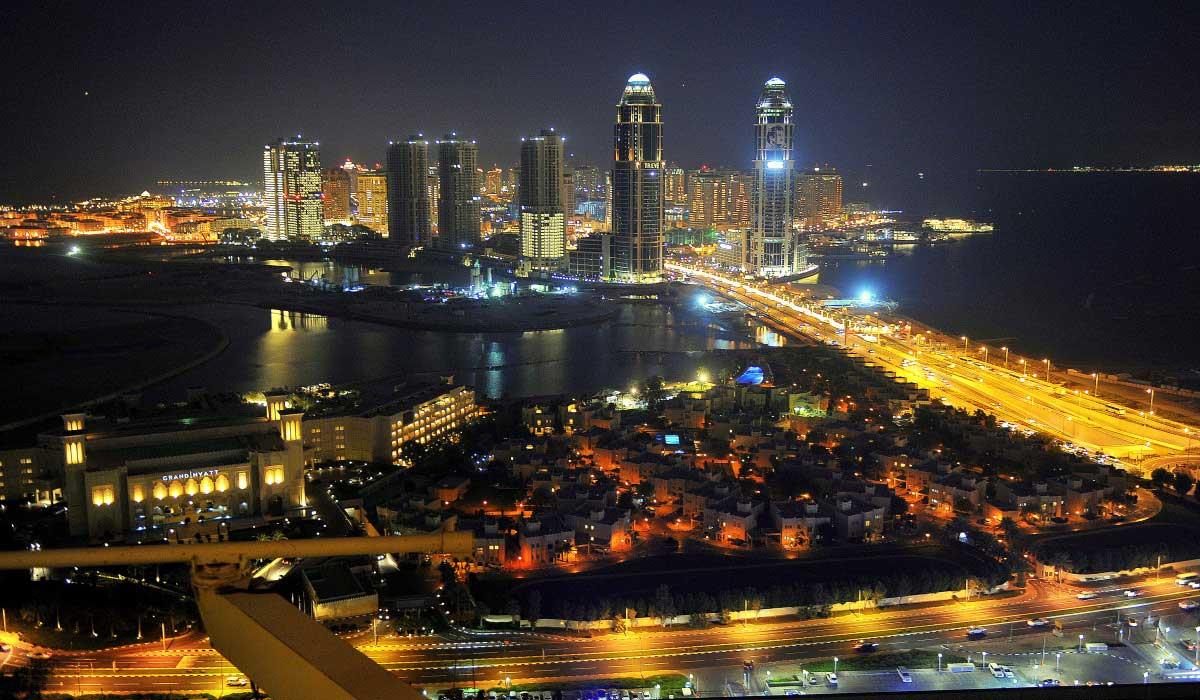(MENAFN- The Peninsula) ayeni olusegun |
The Peninsula
Doha, Qatar: Integrating renewable energy, brine management and water conservation, among several measures, will make water desalination more sustainable in Qatar.
According to a 2019 United Nations-backed paper, 55% of global brine is produced in just four countries: Saudi Arabia (22%), UAE (20.2%), Kuwait (6.6%) and Qatar (5.8%). Middle Eastern plants primarily operate using seawater and thermal desalination technologies
In an interview with The Peninsula, Professor Mohammad Irshidat, the Director of the Center for Advanced Materials (CAM) at Qatar University (QU), stated several measures can be adopted like renewable energy integration, which would utilise Qatar's abundant solar energy resources to power desalination plants, reducing carbon emissions and implement advanced technologies and regular maintenance to optimise energy consumption and minimise costs thereby promoting energy efficiency.
GCC countries currently depend on desalination as a primary source of drinking water, representing 80% of total drinking water. Desalination removes salts or other minerals and contaminants from seawater, brackish water, and wastewater. This is an increasingly common solution for obtaining freshwater for human consumption and domestic/industrial utilisation.
According to Prof Irshidat, proper brine management and disposal to minimise its impact on the marine ecosystem should be explored, as well as brine reuse options. He added that research and innovation should be supported, covering academia, industry, and government to drive advancements in desalination technologies and processes.
Other measures noted by the CAM directors include implementing comprehensive water conservation measures and demand management strategies to minimise reliance on desalination. He also added that an integrated approach to water management, considering desalination, wastewater treatment, water reuse, and natural resources, should be developed.
“By adopting these strategies, Qatar can achieve more sustainable desalination practices, ensuring a secure water supply while advancing environmental goals and long-term resource management,” Prof Irshidat emphasised.
In February last year, QU established the UNESCO Chair in Desalination and Water Treatment for Sustainable Water Security at CAM. The first-of-its-kind initiative UNESCO Chair programmes aim to help promote international cooperation and capacity building in desalination and water treatment in alignment with Qatar National Vision (QNV) 2030 – promoting collaboration with many national and international institutions worldwide.
“This UNESCO Chair has made significant contributions to meeting Qatar's water challenges since its inauguration,” Prof Irshidat noted, adding that through its multi-disciplinary research programme, the Chair has advanced the development and implementation of innovative desalination and water treatment technologies.
“These advancements have led to improved water quality in Qatar, addressing the country's water scarcity issues. The programme focuses on capacity building and training local professionals in desalination and water treatment while promoting gender inclusivity. Community outreach initiatives raise awareness about water conservation and sustainable practices,” he added.
Prof Irshidat said the Chair has organised vital events like a student exchange programme, industry workshops on membrane-based water treatment, thesis works, capacity-building efforts, summer internships, and seminars on membrane technologies for desalination and power generation.
“Collaborations with other institutions have explored international cooperation in desalination research. The UNESCO Chair has been vital in advancing technology, improving water security, and promoting sustainable water solutions for Qatar's present and future needs.”




















Comments
No comment